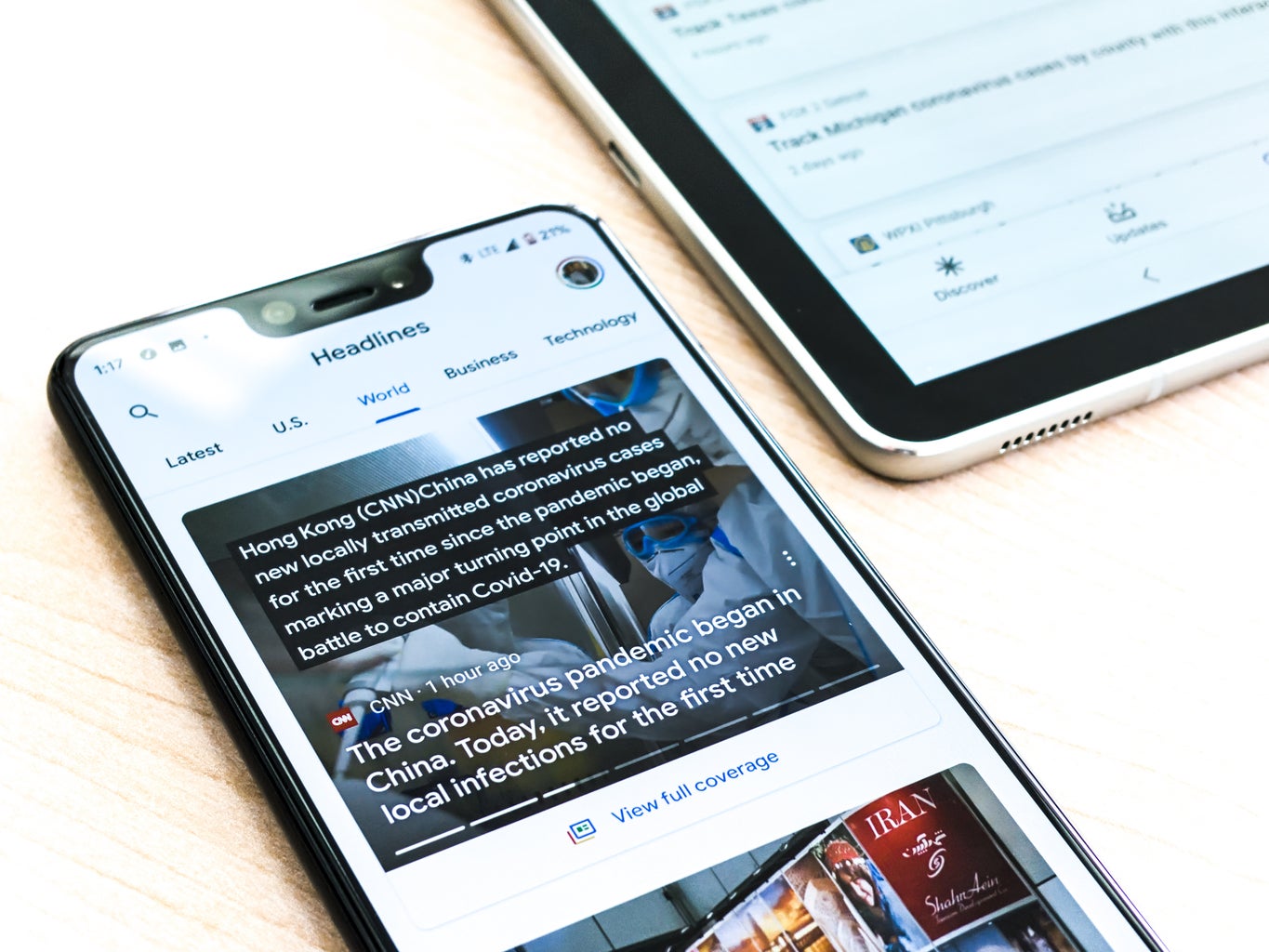On March 27th, 2024, the New York Times reported that at least some rumors circulating about Catherine, Princess of Wales, were perpetuated and spread by Doppelgänger, a Russian disinformation organization that has been creating and sharing disinformation since 2017.
It is difficult to know just how much of the conspiracies surrounding the Princess’s media silence were created by disinformation services–or who hired them. No matter how much or little they contributed to the media circus, it’s clear Gen Z’s participation in the conspiracies did not help.
This is not the first time young people on the internet have unknowingly bolstered misinformation that was created for more serious intentions than making a “silly little meme” on Instagram. Misinformation bots have been, for a lack of better phrase, “stirring the pot” with the aim of discrediting any and every western institution. Remember the Paris bedbug scandals? Another example of news that the youth of the internet believed, circulated, and ran into the ground–only for Russian bots to be eventually accused of spreading that rumor as well.
I’m part of Gen Z. We grew up on the internet. Like many of my peers, I blamed the misinformation scandals of the 2016 election on older adults. I would never fall for those Facebook headlines. I know the internet. I am not the problem.
Yet, eight years later, I watch Gen Z and Millennials–the ones who claim media literacy as their “thing”– spread misinformation meant to dismantle trust in our governments. Scandals ebb and flow on social media, and as quickly as the Princess Catherine memes began, they ended–after forcing the royal family to share personal health information online. Yet, I have seen no admission of guilt, no clarification of sources, from anyone on social media. I shouldn’t have to have a subscription to the New York Times and a political science degree to even find out about Doppelgängers role in the rumors that the internet could not shut up about.
I am writing this out of frustration towards my fellow Gen Zers and Millennials. This is embarrassing.
While older generations definitely fell victim to misinformation in the election that put Donald Trump in office, only 14% of them got their news primarily from social media.
If only 14% of voters were susceptible to social media misinformation in 2016, what the h•ll do you think is going to happen come November 2024–when more than 50% of Gen Z is susceptible?
Every shared infographic without sources, every TikTok that doesn’t have a link to follow up on the news it shares, every single thing we look at online can harm us and our future. If news as seemingly non-political as bedbugs in Paris were spread to harm our institutions, fake and mislabelled videos from the Israel-Gaza conflict–which I saw on plenty of Instagram stories–can be catastrophic.
Take it from Forbes writer and Internet expert Enrique Dans:
“Young people may learn more quickly than their elders, but they are still exposed to fake news, which is increasingly being spread through sophisticated strategies. […] The simple truth is that no generation is more or less prepared than the previous one for anything.”
The University of Cambridge found in 2023 that younger adults are worse at identifying fake headlines than older adults. Instead of learning from the mistakes of 2016 and on, it seems like we are ignoring them. They apply to us, too.
Clicking onto the internet for the first time at age 6 instead of age 60, 26, or even 16 did not give you a special receptor for fake news. Posting your first Instagram picture years before you were eligible to vote does not give you the right to share a political infographic without checking it first.
No more mindless scrolling–and yes, I am guilty of the same. No more virtue signaling without reading a single sourced article about the subject you’re discussing. Enough–before our tendency to take and share a meme without a single critical thought in our head turns deadly. Enough.
Gen Z has the power to stop the growing threat of misinformation in its tracks. But right now, we’re throwing gasoline on the flame. I would prefer to be remembered by future generations as the former.




